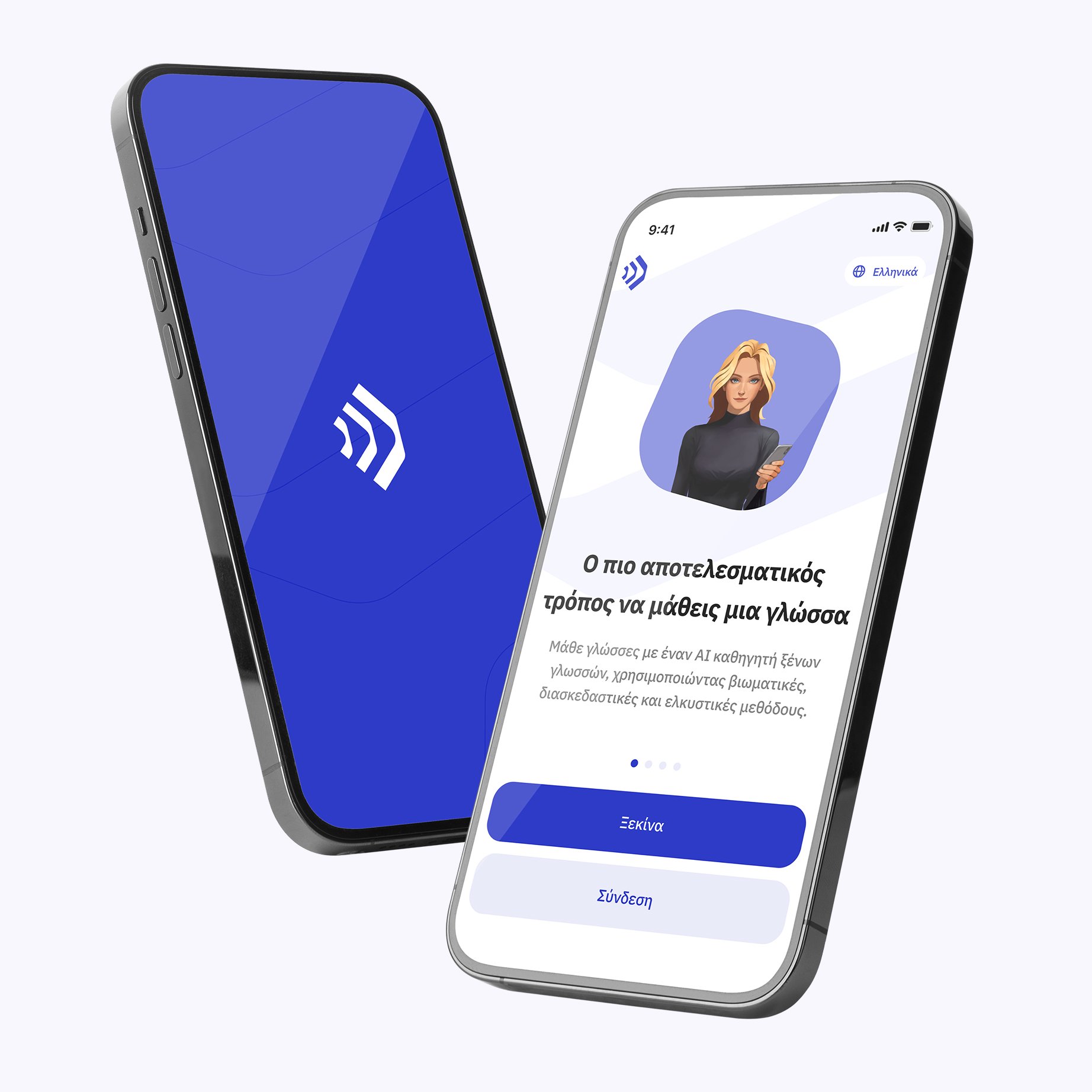Άσκηση 1: Πρώτος τύπος υπό όρου (Real Conditional)
2. If you *study* hard, you will pass the exam. (Πραγματική πιθανότητα)
3. She will come if she *finishes* her work. (Ρεαλιστική συνθήκη)
4. If we *leave* now, we will catch the bus. (Πιθανή ενέργεια)
5. You will feel better if you *drink* water. (Συμβουλή με συνθήκη)
6. If he *doesn’t hurry*, he will be late. (Αρνητική πρόβλεψη)
7. They will be happy if you *invite* them. (Πιθανό αποτέλεσμα)
8. If I *see* her, I will tell her the news. (Υπόθεση με μελλοντική ενέργεια)
9. If you *don’t eat* breakfast, you will be hungry. (Αρνητική συνθήκη)
10. We will go to the beach if the weather *is* nice. (Ρεαλιστική συνθήκη)
Άσκηση 2: Δεύτερος και τρίτος τύπος υπό όρου (Unreal Conditional)
2. She would help you if she *knew* the answer. (Υπόθεση που δεν ισχύει τώρα)
3. If we *had* more time, we would visit the museum. (Μη πραγματική συνθήκη)
4. They would have come if they *had received* the invitation. (Μη πραγματικό παρελθόν)
5. If he *had studied* harder, he would have passed the exam. (Μεταγγελία παρελθόντος)
6. I would buy that car if it *were* cheaper. (Μη πραγματική συνθήκη στο παρόν)
7. If you *had told* me, I would have helped you. (Παρελθοντική υπόθεση)
8. She would be happier if she *lived* closer to the sea. (Μη πραγματική κατάσταση τώρα)
9. If they *had arrived* earlier, they would have met us. (Μη πραγματική κατάσταση στο παρελθόν)
10. We would go out if it *wasn’t* raining. (Μη πραγματική συνθήκη στο παρόν)










